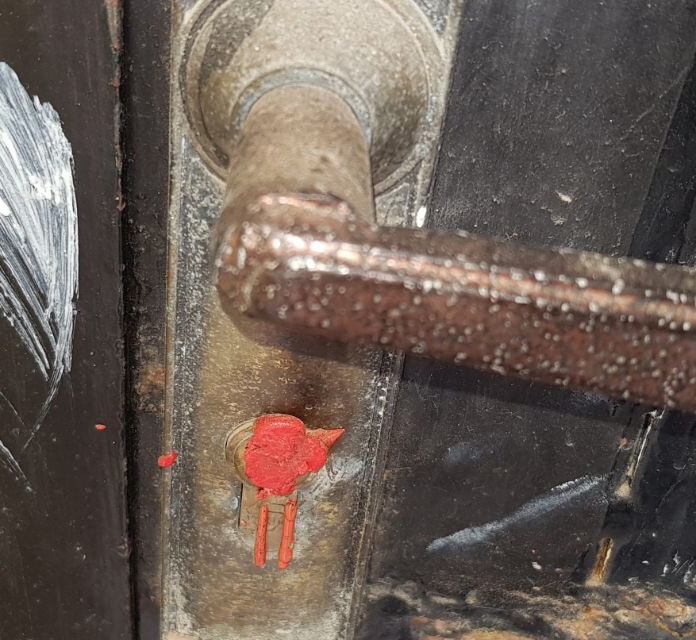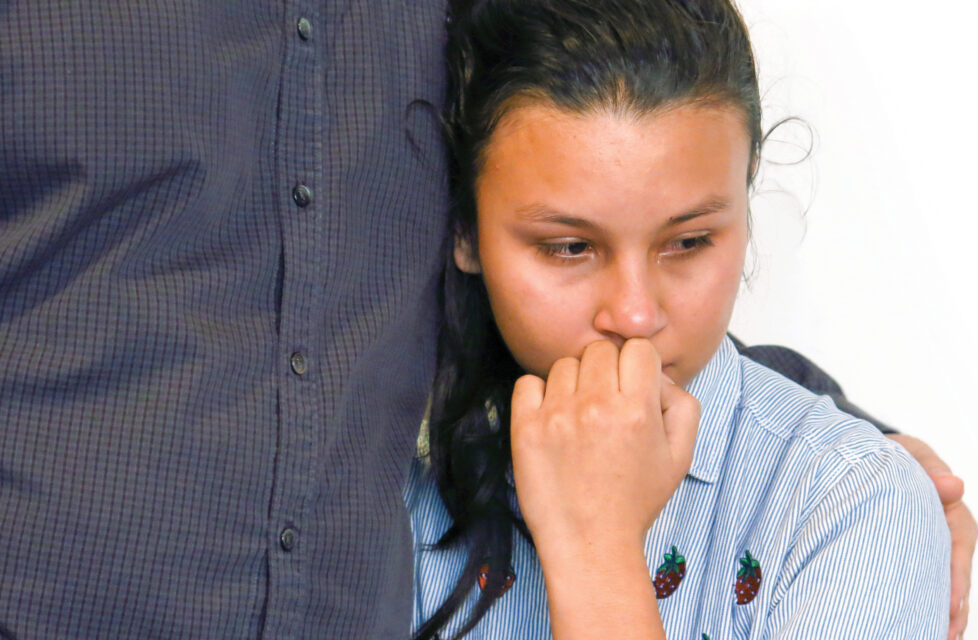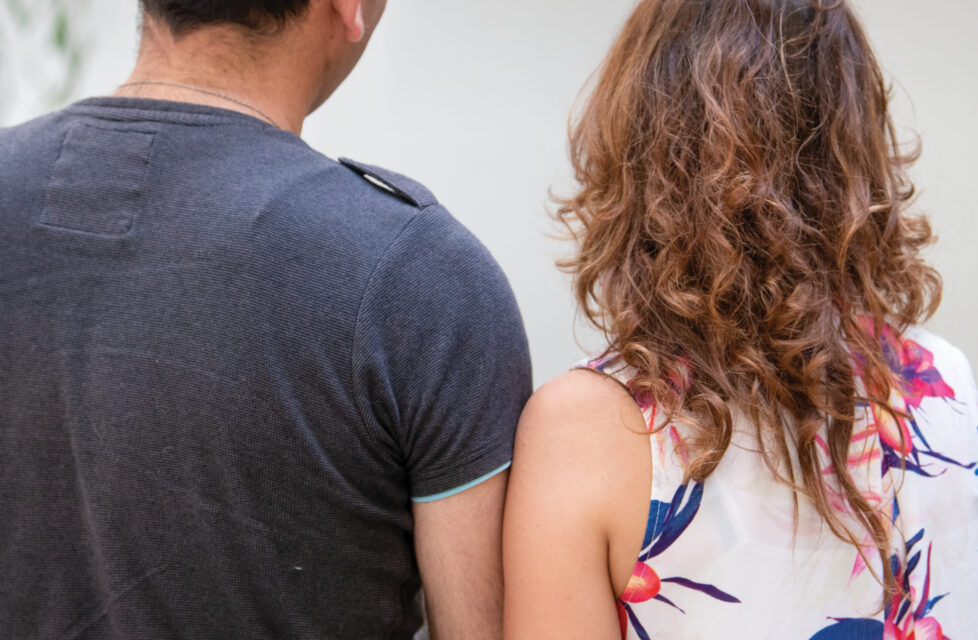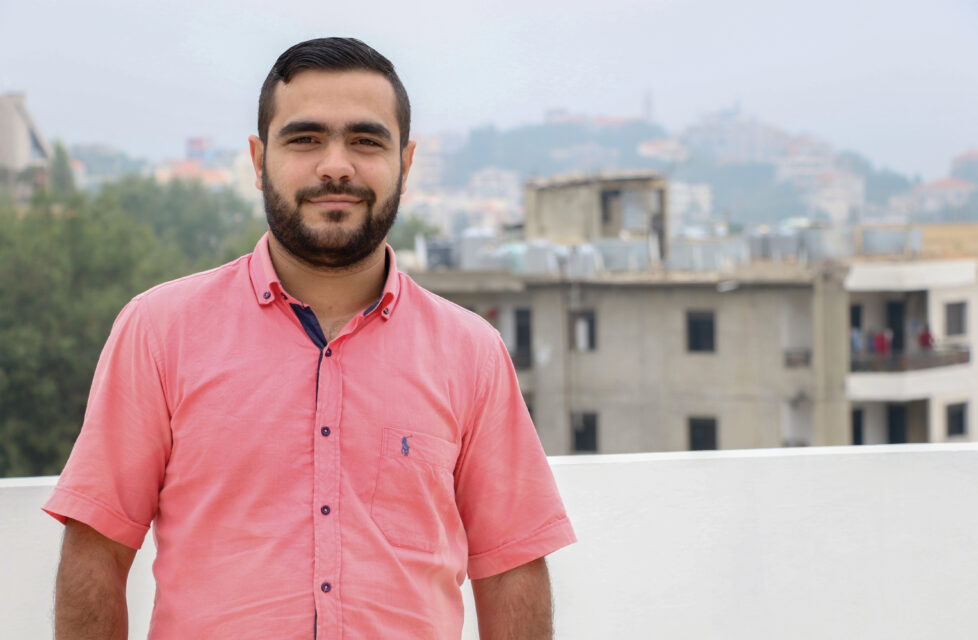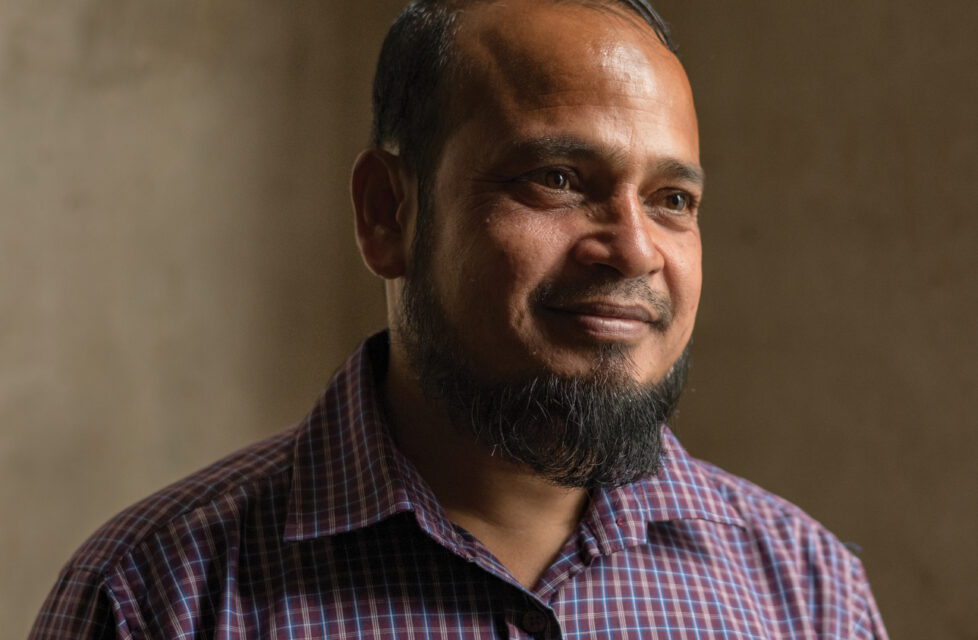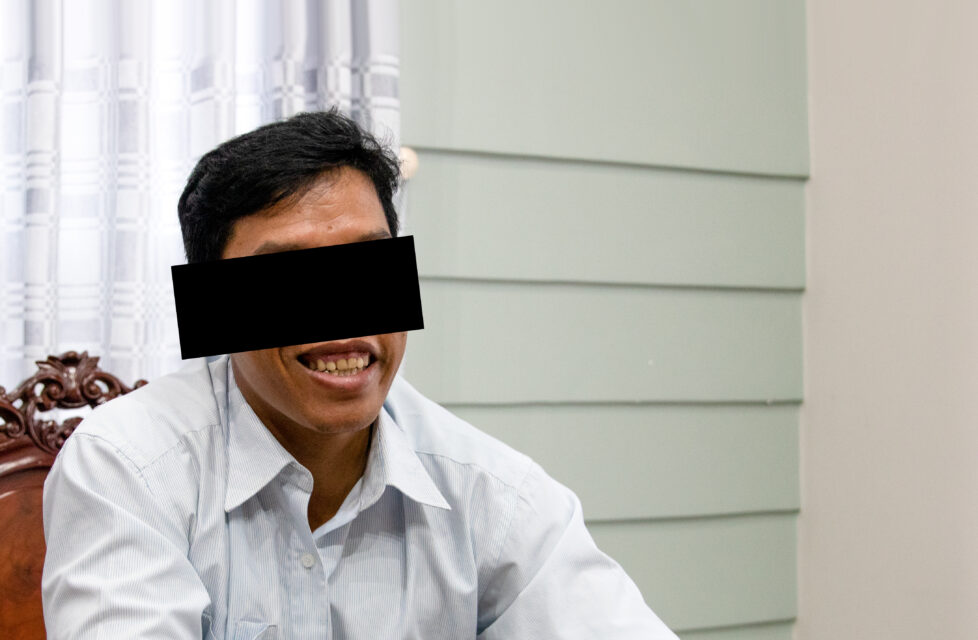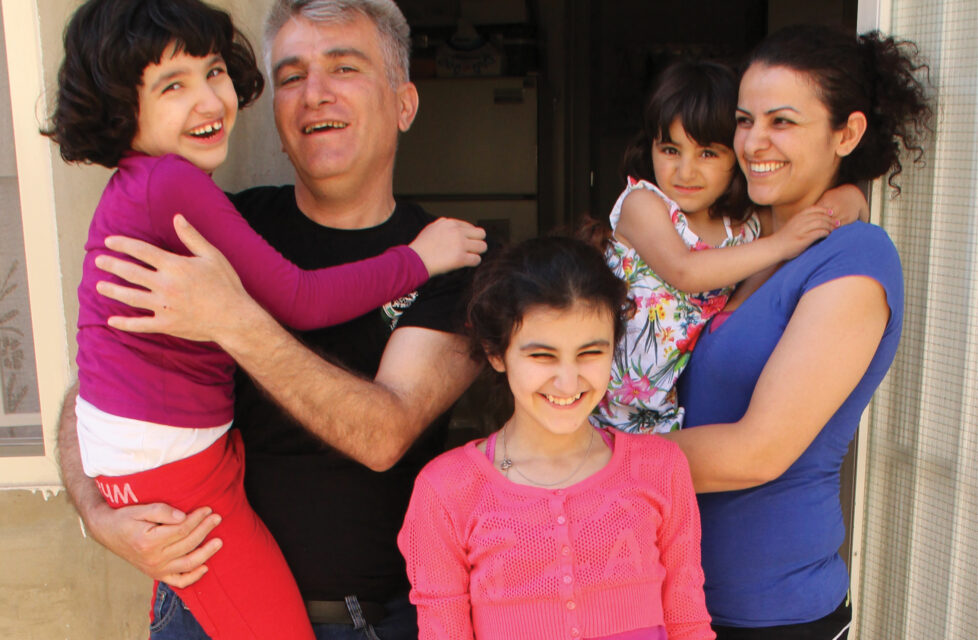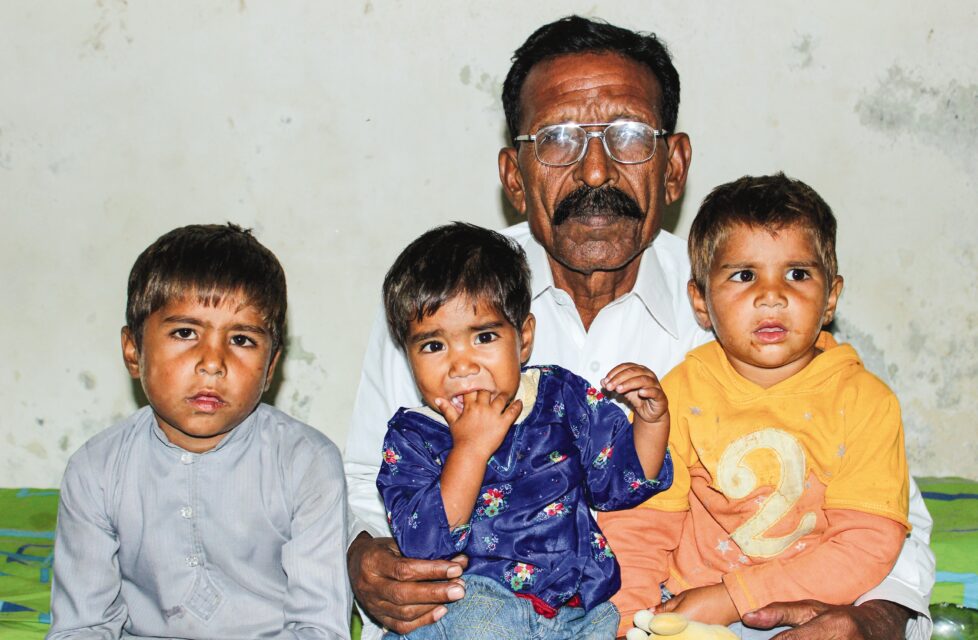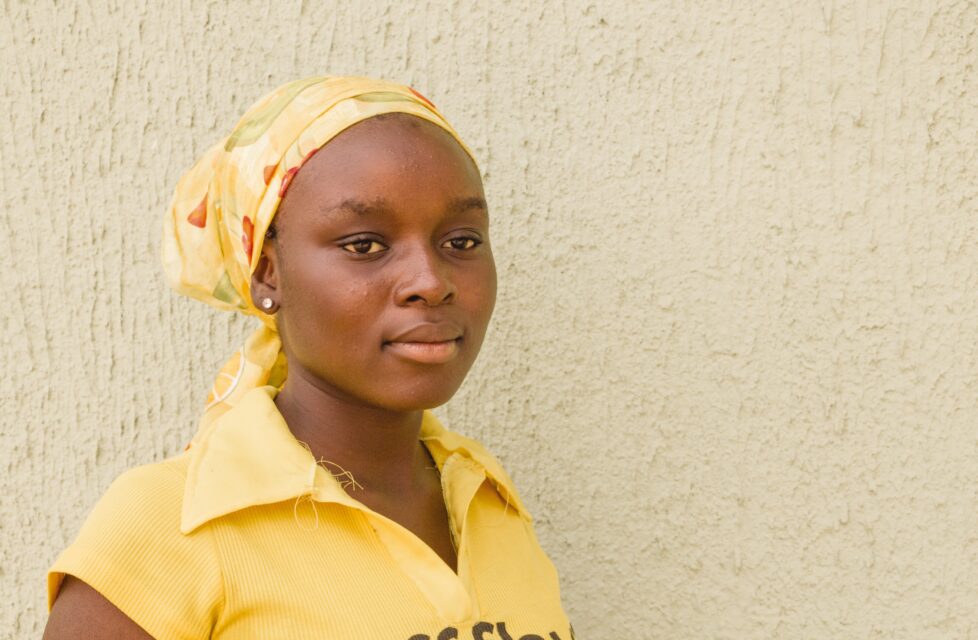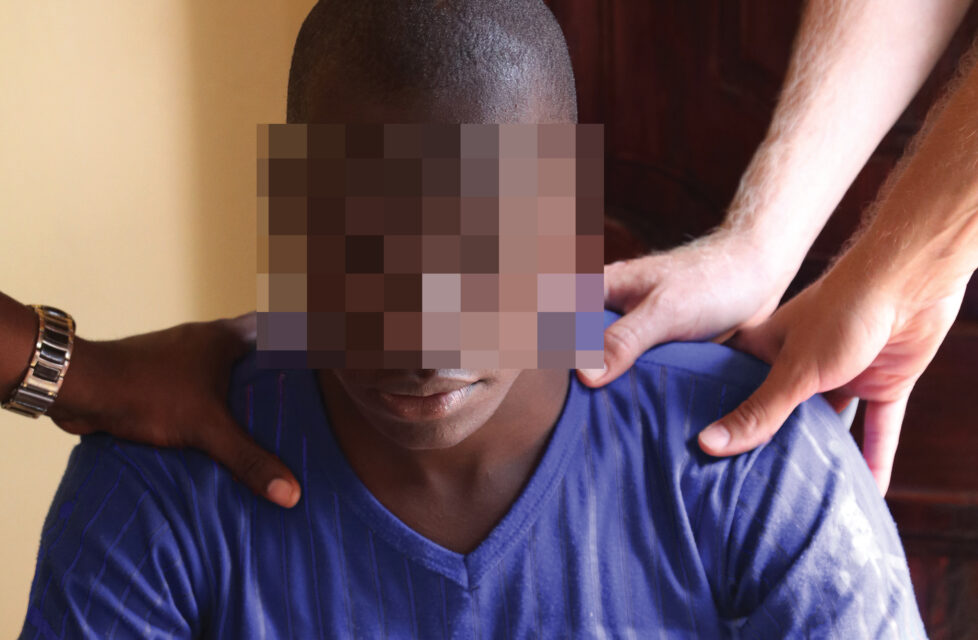Christianity has flourished in Algeria over the last few decades, growing at a rate of 8% annually compared with the global evangelical growth rate of 2.6%. Most of the growth in Algeria has occurred among the Kabyle Berber people, a minority ethnic group in the mountainous eastern part of the country who speak Kabyle rather than Arabic. Today, Algeria is home to the largest congregation of Christian converts from Islam in the world. And the Algerian government has taken notice, closing at least 11 churches in 2018. In 2018, the Ministry of Religion sent a threatening letter to the church in Tizi Ouzo where Dassin serves as worship leader. The church, warned authorities, might be closed down because of inadequate safety equipment such as fire extinguishers. Leaders of the 250-member Kabyle church knew they must take the government’s warning seriously because it had already closed other churches in the region. However, they also knew the complaints were invalid because the Ministry of Religion was citing old information. The church had addressed the safety issues long ago, and authorities had not re-inspected the building. “They just want to harass us again,” Dassin explained. Tension has remained high between the church and
Read MoreLiliana struggled with faith after her father’s murder by Marxist guerrillas in Colombia, but God provided healing and is leading her to use her testimony to help people in another war-torn country. Liliana didn’t choose to grow up in Colombia’s treacherous frontier region, where Christians sometimes receive death threats just for attending church. And she didn’t choose to watch her family’s faith erode in a torrent of grief after her father’s murder. But she sees now that God used these trials and setbacks to direct His purpose for her life. And for Liliana, with that purpose came redemption and healing. Liliana’s parents, Amelo and Christina, moved to one of Colombia’s most treacherous areas to serve as church planters before Liliana was born. They were sent to pastor a church in the notoriously dangerous region along the Colombia-Venezuela border, where the Colombian military struggled to suppress a guerrilla insurgency by the Armed Revolutionary Forces of Colombia (FARC). The FARC funded its rebel activities in part with cash from Colombia’s lucrative cocaine trade. And in response, drug lords formed right-wing paramilitary groups to counter the FARC’s incursions into their drug-trafficking monopoly, forming a third front in the chaos of Colombian violence. Although
Read MoreTani, a Tunisian, and Boutros, a Syrian, had “seen” one another engaging with Muslim seekers in Christian chat rooms and respected one another as fellow Christian converts from Islam. Then, when they finally met face to face at an organizational meeting in Egypt, they fell in love. When it became clear that God was bringing them together, they began to pray about a legal issue that threatened to keep them apart. Tani’s Tunisian ID card identified her as a Muslim, while Boutros was registered as a Christian. After becoming a Christian as a young man in Syria, Boutros had fled to Egypt to escape family members who were trying to kill him. He was then adopted by a Coptic Christian family in Egypt. Neither Tunisia nor Egypt would allow a Muslim woman to marry a Christian man, but by God’s grace the Tunisian embassy in Egypt issued the paperwork, and the couple were able to marry in 2009. Tani and Boutros continued their work, reaching out to Muslims on the Internet, but now they were working together. Called to Tunisia In 2010, the couple felt called to Tani’s home country of Tunisia. “We were praying all the time,” Tani said,
Read MoreJaffar’s maimed leg throbbed as he sat awake in his room in the middle of the night. The 23-year-old Iraqi felt the burden of his loneliness and depression like a physical weight on his shoulders. His friend was dead, and his faith was gone. In desperation, he challenged the Creator of the universe: “If you are there, show yourself!” Exhausted from pain, frustration and weeping, Jaffar finally fell asleep. It was then, he said, that he experienced an amazingly detailed dream. Jaffar said he dreamed that he was perched on a narrow bridge wide enough for only one. Beneath him was an abyss of smoke and fire, radiating heat upward. He could hear the screams of others behind him as the bridge crumbled beneath their feet and they plunged into the gulf below. Terrified, he took one careful step after another. After reaching a door at the end of the bridge, he knocked and a man in a white garment opened the door. “Who are you?” Jaffar asked. The man told him he was the owner of the door and invited him in. He warned Jaffar, however, that if he stepped through the door, he could never go back out.
Read MoreGrowing up in predominantly Muslim Bangladesh, Fedu’s life was permeated by Islam. His father was an imam, and his grandfather told him stories of pilgrimages to Mecca. Fedu studied at an Islamic school, and, like his father and three brothers, became a Muslim scholar and imam, eventually teaching at a mosque in the Bangladeshi capital of Dhaka. While working at the mosque one day in 1996, Fedu met a student named Azad from a nearby college. The two struck up a conversation and quickly became friends. However, when Fedu learned two years later that Azad had become a Christian, he began to worry about him. He knew Muslims at his mosque would find out about Azad’s conversion, and he also knew the local Muslim authorities were some of the worst persecutors of Christians in Bangladesh. Instead of standing up for his friend, Fedu stopped talking to him altogether. Then, 15 years later, Fedu received a call from Azad, who had felt God nudging him to reconnect with his old friend. As the two caught up on each other’s lives, Azad mentioned how Jesus had changed his life. And when they finally met in person, Azad gave Fedu a Bible and
Read MoreEmmanuel resented his father’s ministry work in Vietnam and the repeated imprisonments it caused. But as he saw God working through him, his own work began to mirror his father’s commitment. Emmanuel has many painful childhood memories. He will never forget the fear he felt every time Vietnamese authorities arrested his father while preaching at a Sunday service or while teaching believers from various tribes at their home. He would sometimes cling to his father’s leg, trying to prevent the police from taking his daddy. And he still remembers the loneliness and abandonment he felt while his father was imprisoned. Emmanuel resented his father’s work, and it didn’t end when his father was out of prison. The resentment resurfaced every time his father was unable to attend a special school event because of his ministry work. Emmanuel often climbed to the top of a coconut tree to cry and vent his frustration toward his father and God in private. Then, at age 11, Emmanuel’s bitterness reached a new level as his father began to serve what became three years in prison. “I got angry with my father,” Emmanuel said. “Sometimes I didn’t even want to visit my father in prison.”
Read MoreIn late February 2015, the self-proclaimed Islamic State (ISIS) moved into a historically Christian region in northeastern Syria, driving Christians out of a dozen villages. Raman, an Assyrian Christian, and the rest of his village’s 130 households had known the attack was coming. For the first part of the war, the area was under Kurdish control. As the war progressed, ISIS moved in and established a camp just two miles from the village. Both sides sought the strategic location of the village, which was located at the top of a mountain. For several weeks before, ISIS fighters had shopped in the village weekly for vegetables. The jihadists warned the villagers to leave as there would be a battle. The men sent their wives and children away for protection, and they prepared to defend the village. Then on a Friday morning, ISIS soldiers appeared at the historic Assyrian church that had been standing for centuries. They told the Christians, “We are an Islamic nation. Remove the cross from your church.” The next day, they returned with two trucks full of men with weapons, and they threatened the priest: “If you refuse, we will cut your neck.” “We obeyed,” Raman said. “We
Read MoreThe terrified couple clung to each other inside their one-room home while the mob of angry Muslims outside shouted insults and threats: “They have burned the Holy Quran! We will teach them a lesson!” Shama cried as her husband, Shahzad, tightened his arms around her and began to pray. At 6 a.m., more than 500 Muslims had gathered outside the young couple’s home near the brick kiln where they worked as bonded laborers. Shama’s husband couldn’t believe the events of the last few months had come to this. Indentured Workers in Pakistani brick kilns Shahzad, his father and four brothers moved to the brick kiln near Kot Radha Kishan, Pakistan, in 2000, when Shahzad was 16. As poor Christians (Pakistan’s lowest social class), they had few employment options. While the work in a brick kiln was grueling, it at least provided them food and a place to sleep. However, as often occurs with poor Christians in Pakistan, the family soon became indebted to the brick kiln owner. The debts are eventually passed on to the children, indenturing many families for life. Although Shahzad’s family was Christian, his father, Nazar, became friends with Muslims living near the kiln. He often read
Read MoreSept. 11, 2014, began as a happy day for Mary Patrick. She and her older sister were walking to a wedding in a nearby village with the bride-to-be and the bride’s younger sister. But their lives, like those of many other young women in Nigeria, changed forever with the terrifying sound of yelling and gunfire. Mary, who was 24 years old, quickly hid in a nearby house with the others when the Boko Haram attack began in Adamawa state, in northeastern Nigeria. They hid in the house for four days before being captured while trying to escape. “The only thing I was thinking when they took me is that I will die,” Mary said. “I know they will kill me. I’m just praying to God everything that I do that is wrong, that the good Lord will forgive me.” The horror that Mary faced during four months of captivity with Boko Haram became clear to a front-line worker when he tried to buy her a meal. “I wanted to buy food for her and bought some meat,” the worker said. “She told me she couldn’t eat the meat. She said, ‘In the camp they used to eat human flesh, so
Read More“If you come to Islam, you will become super rich.” Andrew and a group of young men from nearby villages listened intently to the sheikh’s words. “You will also be worshiping the real god,” he told them. Although Andrew had been raised as a Christian in his Tanzanian village, he was not well grounded in the faith. So he didn’t need to think long about the sheikh’s promises before deciding to follow Islam. Andrew was so drawn to the teachings and promises of Islam that even the two-hour walk to the mosque failed to deter him. He was also very attracted by the radical words of the charismatic sheikh. “He told us how he killed people,” Andrew said, “and if we are going to stand up for Islam, we need to be ready to give our lives and kill the enemy.” The sheikh, who was preparing Andrew and the other young men for service with the Somalian Islamist group al-Shabab, also taught them how to use machetes and guns. Waging jihad, or “holy war,” against those perceived to be enemies of Islam, al-Shabab makes no secret of its goal to eradicate Christianity from Somalia. And it has been exporting its
Read More
